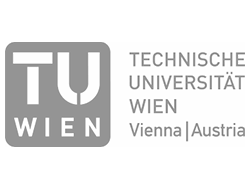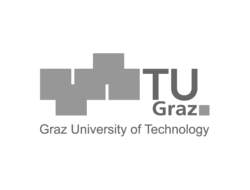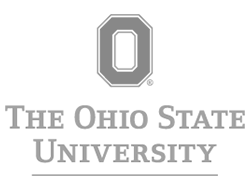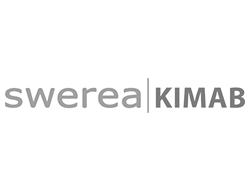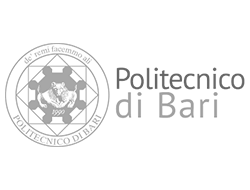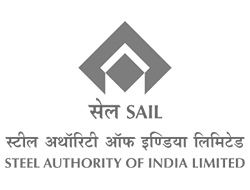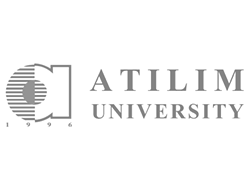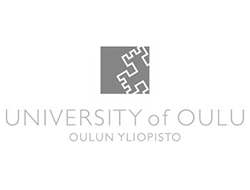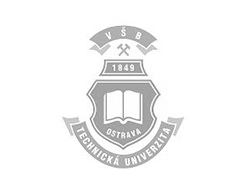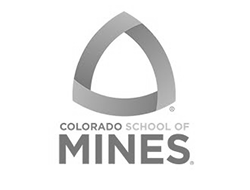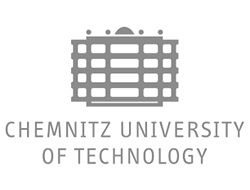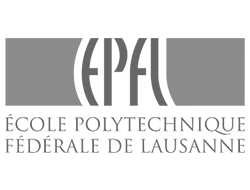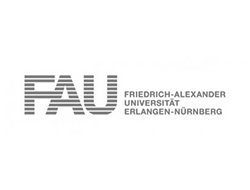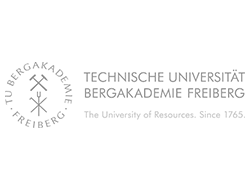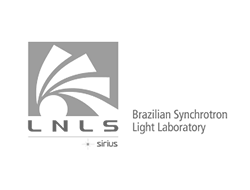Böhler Edelstahl
Böhler Edelstahl GMBH & CoKG produces high-speed steels, tool steels, corrosion resistant steels and special alloys in rolled and bright bar, forgings and ingots for German, European, and overseas markets.
Three years ago, a new group, responsible for physical and numerical simulation, was started within Böhler Edelstahl's Research and Development Department, beginning with the installation of a Gleeble 3800 system. The simulation group includes Mr. Herbert Emminger, electronic engineer, Gleeble tuning and Gleeble testing; Dr. Siegfried Kleber, metallurgist responsible for physical simulation on Gleeble; Dr. Volker Wieser, mechanical engineer responsible for numerical simulation; and Dr. Christoph Wurm, metallurgist, responsible for automation and process control. Due to the early success of this team, expansion is planned for the near future.
The first goal of the researchers working with the Gleeble is to define the optimal processing routes and processing windows to obtain the best product quality. This goal has to be reached especially for new alloy compositions, alloys of high production costs and alloys of reduced hot workability. In co-operation with numerical process simulation, these investigations are performed to supply Bohler's production plants with the necessary process-relevant data to produce steels that meet the customers needs.
The second goal of the investigations is to measure application-relevant properties of steel grades and alloys. For example it can be the creep resistance of a modified alloy in comparison to a standard alloy under the complex working condition of an extrusion die. These investigations are a special service to our customers to propose the optimal alloy for their special application.
Toward that end, Dr. Kleber and his colleagues use the Gleeble 3800 to perform:
- Hot/warm tensile testing on a wide variety of steel grades and alloys.
- Hot ductility testing on special steel grades such as stainless chromium-nickel-steels or duplex steels for hot extrusion manufacturing.
- Thermal/mechanical fatigue testing on hot work tool steels
- Hot/warm compression testing and single and multi-step plane strain compression as well as single and multi-step uniaxial compression on special steel grades and alloys with reduced hot workability.
- Melting and solidification testing on high speed steel grades and alloys with reduced hot workability.
High-speed steels, hot work tool steels, valve steels, nickel-based alloys, cobalt-based alloys and stainless chromium-nickel steels have the highest priority for Gleeble investigations at Böhler Edelstahl. Next come cold work tool steels, plastic mould steels, creep-resisting steels, steels with special physical properties, stainless chromium steel, and heat resisting steels. These are followed by saw steels, case-hardening steels, heat treatable steels, nitriding steels, spring steels, anti-friction bearing steels, free cutting steels, and unalloyed tool steels.
Dr. Kleber says, "In general the Gleeble testing programs help to keep the quality of our products on a high level and to prevent production faults. It also helps us to reduce the time required for product development and gives us the capability to test unconventional process routes without having to run expensive experiments on the production line with a high risk level."
He adds, "The Gleeble also gives us quick information about material workability and the properties of new alloys on a laboratory scale. The Gleeble 3800 was specially designed for the simulation of hot working processes for high alloyed steels and alloys of high temperature strength. The system allows experiments under conditions that are very close to those found in the real hot forging and rolling processes."
"We don't have to extrapolate to high strain rates, we control them!" he says.
Gleeble investigations were also involved in troubleshooting on the Böhler Edelstahl production lines. In their very first Gleeble project, the simulation team was faced with the challenge of the productivity of a high alloy heat and corrosion resistant steel grade. It showed sensitivity towards hot cracking during the first deformation steps of the ingots.
Dr. Kleber says, "We have learned a lot about the crack initiation mechanism, so we could optimize the process parameters, which helped us to reduce the production loss."
He concludes, "In further projects, the Gleeble will help to find out the correct process parameters for different steel grades to obtain an optimal microstructure. That guaranties the quality of our steels and alloys."
This article first appeared in the Gleeble® Newsletter — Spring 2000.











